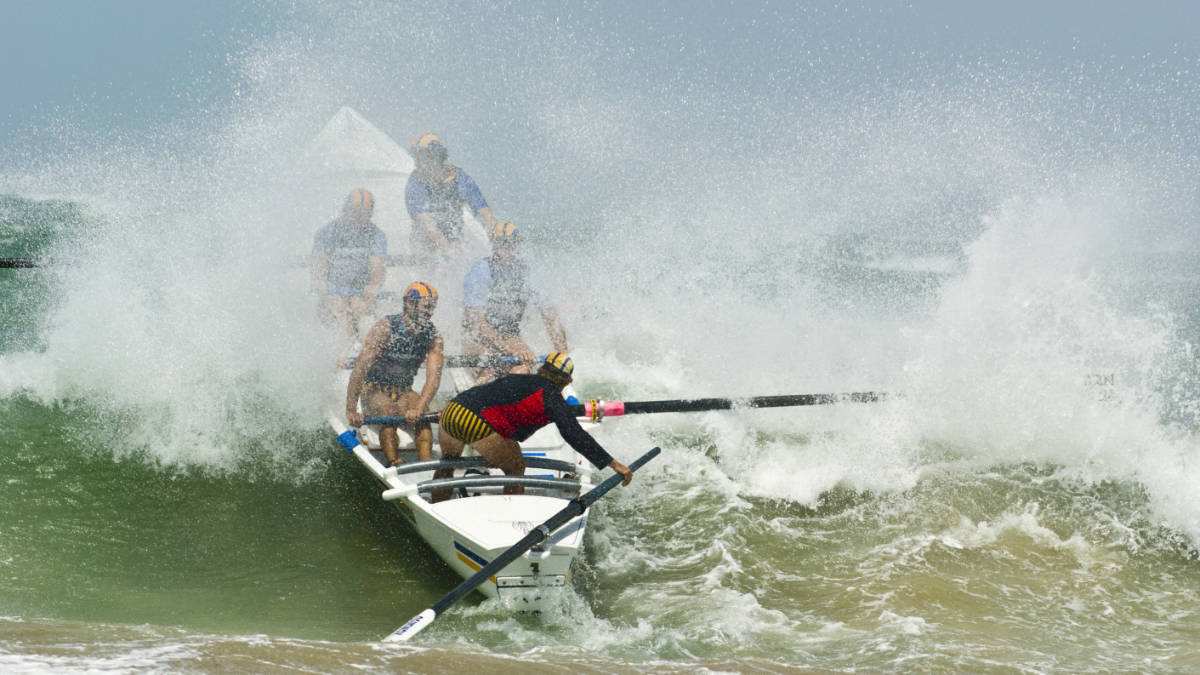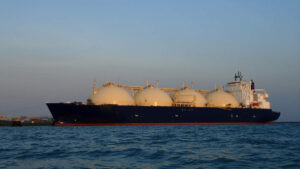GOT GAS: This exploration trend is one Australia can’t follow

Rough going. Australia's unlikely to see a deepwater exploration boom. Pic via Getty Images
Research has found that the world’s largest oil and gas companies such as ExxonMobil, Shell and Chrvron are focusing their tightened exploration budgets on deepwater projects in the Atlantic Margin, Eastern Mediterranean and Asia.
According to Rystad Energy, the supermajors will collectively spend an average of US$7bn per annum between 2020 and 2024, a pretty significant drop from average yearly spend of U$10bn during the previous four-year period.
The focus also appears to have shifted almost entirely to offshore exploration with 39% of awarded acreage in 2023 – totalling 112,000km2 – in the shelf segment (nearer land), 28% in deepwater and the remaining 33% in ultra-deepwater.
Adding further support to this apparent focus on deepwater exploration, analysts from the independent energy research and business consultancy predicted that about 50 more deepwater and ultra-deepwater exploration wells will be drilled this year compared to 2023.
With new discoveries petering out, the move to drill in frontier and underexplored basin is likely driven by the lure of finding substantial untapped resources.
And to be brutally honest, frontier exploration is a must if the pace of gas exploration, development and production is to be maintained as there is only so much that can be done with mature basin.
Australia likely to be left out
While there has been some growth in Australian offshore exploration expenditure during the September 2023 quarter over the previous quarter (from $85.3m to $$146.1m seasonally adjusted), it remains significantly lower than what it used to be ($$378.4m in the September 2015 quarter) according to data from the Australian Bureau of Statistics.
While this level might be maintained in the years to come, it will likely be spent on mature basin to extend the life of existing (mostly gas) projects.
The projects most likely to drive greater expenditure will be Woodside’s Scarborough and Santos’ Barossa, neither of which are technically exploration projects while only Scarborough is technically in deepwater.
And that’s assuming that we have seen an end to the legal issues that have plagued both projects.
Scarborough seems to be on firm ground with Woodside just recently selling off a 15.1% stake in the project to Japanese energy company JERA for about US$1.4bn while Santos is steaming merrily ahead with Barossa after seeing off a challenge from Tiwi Islanders.
All well and good for developing a known discovery, not so much if you’re trying to find a new gas field.
Future exploration for deepwater oil and gas (mostly gas) in Australia is likely to be limited as there are frankly bigger fish to fry elsewhere and no one really wants the aggravation of getting a new discovery through to production.
Any new gas finds are likely to be made in unconventional reservoirs onshore Australia and those have their own unique set of challenges, which is not the kind of news that gas consumers like to hear.
Related Topics

UNLOCK INSIGHTS
Discover the untold stories of emerging ASX stocks.
Daily news and expert analysis, it's free to subscribe.
By proceeding, you confirm you understand that we handle personal information in accordance with our Privacy Policy.








